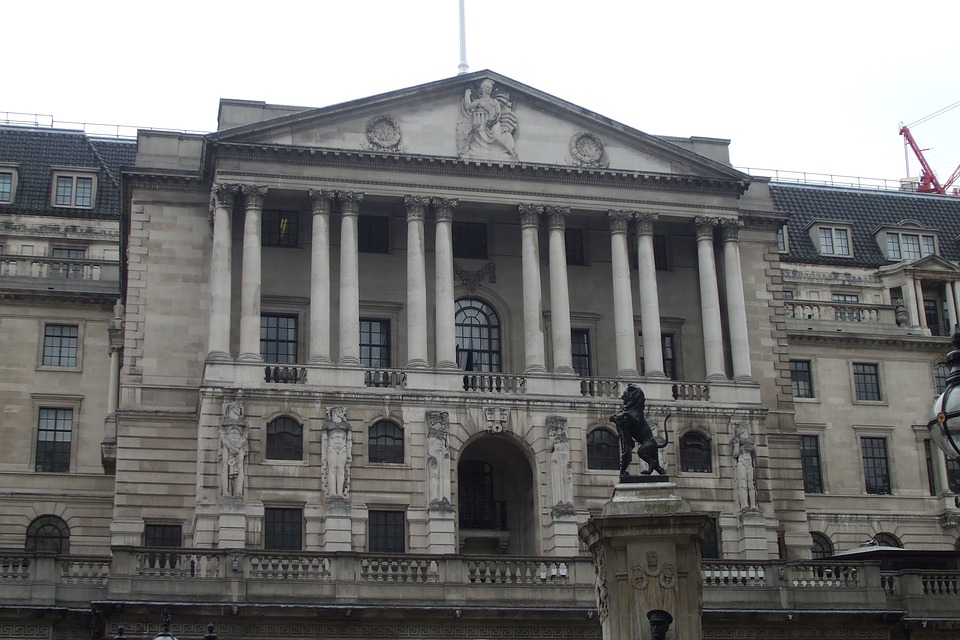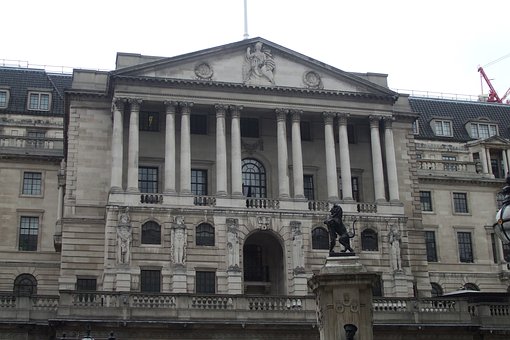Thinking of taking out a mortgage or remortgaging in 2020? With interest rates remaining at record-level lows, what would a potential further interest rate cut spell for homeowners, apart from the promise of ever-lower fixed-rate mortgage deals?
While an interest rate cut is by no means a guarantee, there is a growing assumption that the base rate will be cut further from the current 0.75 per cent on the 31 January. Does that mean that mortgage interest rates will follow suit and fall even more? Yes; however, there’s more to the consequences of this decision that simply lower mortgage rates.
The current low mortgage interest rates are not just down to the low base rate; or rather the low base rate has set off a chain reaction in which lenders are under pressure to offer ever-lower mortgage rates in a bid to secure a dwindling pool of eligible mortgage applicants.
Current mortgage approval rates lag well behind pre-2008 levels, with fewer first-time buyers coming onto the market every year. The fact is that the current crop of potential first-time homeowners simply doesn’t have the large deposits required for the hugely expensive UK properties (the price of property still sits at over seven times the average UK salary). Add to that unusual income patterns, with a growing number of people in self employment, and it is easy to see that the traditional ideal mortgage applicant lenders have favoured are becoming an increasing rarity.
The fact remains that mortgage lenders cannot afford to lose the custom of those people who can afford a mortgage, but some will find themselves in a situation where they struggle to compete for those applicants. A base rate cut will mean that the UK’s top lenders (the big banks) will either slash interest rates on their top mortgage products, or introduce new mortgage packages with attractive perks, such as cashback, or a combination of both. The reason they can do this is because they have the profit margins to accommodate making concessions to the base rate cut.
This won’t be feasible for small to medium-sized lenders, however, who simply can’t survive on rock-bottom-rate mortgage products. The only avenue for those lenders to keep a sustainable profit margin is by loosening at least some of their lending criteria, or developing more specialist products catering to people with specific circumstances, e.g. self employment, retirement, or buy to let. Those three areas in particular are likely to see an increase of tailored products with better LTVs (loan-to-interest ratios), or more options for repayment strategies on interest-only mortgages.
This is not to say that we will see anything like the loose approach to mortgage lending criteria seen prior to the financial crisis of 2008; the 100 per cent mortgage, for one, is unlikely to make a return. Apart from everything else, all changes will still need to comply with FCA (Financial Conduct Authority) lending regulations. What we are are likely to see in 2020, however, is lenders looking for ways to attract mortgage applicants who are solid, but whose financial profile would previously have categorised their application as non-straightforward.
BY ANNA COTTRELL
Source: Real Homes









